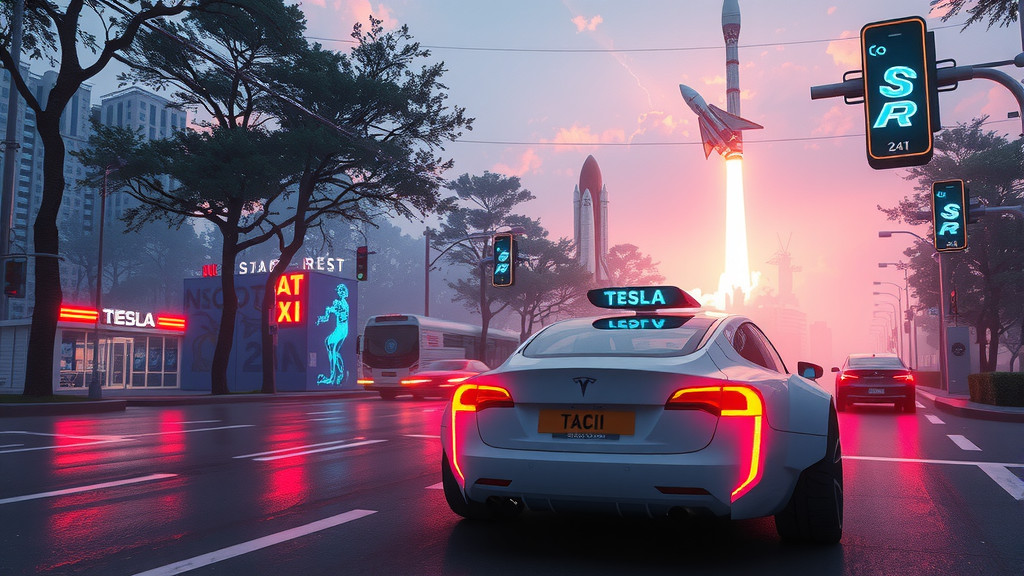The year 2024 has been pivotal for the advancement of artificial intelligence (AI), robotics, and space technology, setting the stage for transformative changes in how we live, work, and interact with the world around us. From the brink of achieving Artificial General Intelligence (AGI) to the deployment of robotaxis and the expansion of global communication networks, the innovations of this year promise to redefine the boundaries of technology and its impact on society.
The March Towards AGI and Beyond
OpenAI's O3 model has made significant strides, crushing benchmark tests and puzzles, yet it falls short of AGI in terms of replacing humans for most jobs. The cost of compute for solving complex problems ranges from $5,000 to $500,000, highlighting the substantial investment required for these advancements. However, as AI compute costs become more efficient, the potential for solving more nuanced problems increases, bringing us closer to the realization of AGI.
Revolutionizing Transportation with Robotaxis
Tesla's Full Self-Driving (FSD) version 13 has made remarkable progress, with predictions suggesting it will reach human-level driving safety by mid-2025. This advancement has led to significant investments in Tesla, as the potential for robotaxis to disrupt traditional ride-sharing services becomes increasingly apparent.
Expanding Global Communication with Starlink
SpaceX's Starlink project has launched 320 satellites with direct-to-cellphone capability, offering a lifeline in remote areas and during natural disasters. This initiative not only enhances emergency communication but also paves the way for global connectivity, free of the constraints of traditional cellular infrastructure.
Ethical and Trust Issues in AI
As AI becomes more integrated into our lives, concerns about ethics and trust have come to the forefront. A significant portion of executives are willing to forgo AI benefits due to ethical concerns, emphasizing the need for responsible AI development and the importance of human oversight in ensuring AI systems evolve ethically and effectively.
The Godfather of AI's Warning
Geoffrey Hinton, a pioneering figure in AI, has issued a stark warning about the potential for AI to lead to human extinction within three decades. His call for strict government regulation underscores the urgency of addressing the risks associated with advanced AI technologies.
OpenAI Ventures into Humanoid Robotics
OpenAI's strategic pivot to develop humanoid robots marks a significant shift in its approach to integrating AI with physical systems. By investing in robotics startups and leveraging its expertise in large language models, OpenAI aims to create robots that can understand complex instructions, adapt to dynamic environments, and engage in natural interactions with humans.
Key Takeaways
The advancements in AI, robotics, and space technology in 2024 have set the foundation for a future that is both exciting and uncertain. As we stand on the verge of AGI, the deployment of robotaxis, and the expansion of global communication networks, the ethical and societal implications of these technologies demand careful consideration and responsible stewardship. The warnings from experts like Geoffrey Hinton remind us of the potential risks, while the innovations from companies like OpenAI and Tesla offer a glimpse into the transformative potential of AI and robotics.
Sources
- What Mattered in 2024 ? Setting up the Future of AI, Robotics and Space
- Overcoming AI’s Nagging Trust And Ethics Issues
- ‘Godfather of AI’ issues new warning to humanity
- 'Godfather of AI' Demands Strict Regulations to Stop Technology From Wiping Out Humanity
- OpenAI Launches Its Own Humanoid Robots : What You Need to Know
